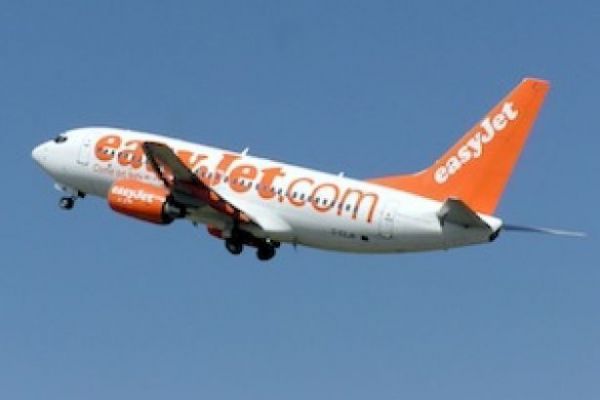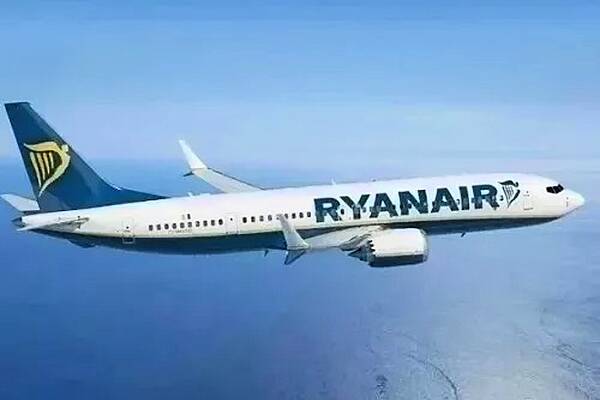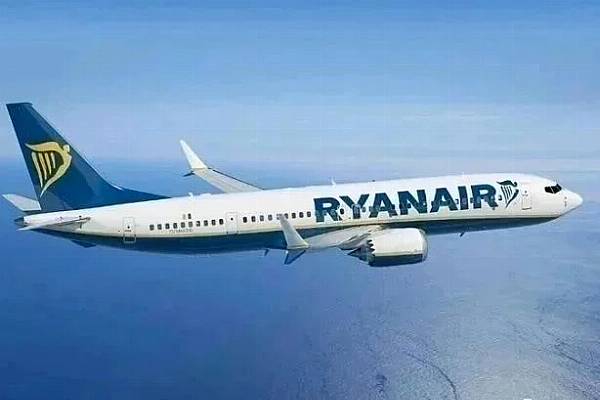British discount airline EasyJet is seeking operating rights in another European Union state following last week’s Brexit vote, a tactic aimed at guaranteeing unfettered access to EU markets even after the U.K. quits the 28-nation trading bloc.
EasyJet held informal talks with a number of European aviation regulators ahead of last week’s poll, and has now begun to formally seek an air operator’s certificate, the Luton, England-based carrier said Friday. Just three staff, handling ground, flight and engineering operations, are needed in a location to qualify for an AOC, and the process can take only a few months.
Europe’s second biggest low-cost airline said the application amounts to a contingency plan and would be rendered redundant should Britain be able to agree terms allowing it to remain part of the single European aviation market even after leaving the EU.
Pan-European
EasyJet is exploring the workaround because 60 percent of its passengers come from outside the U.K., and more than 40 percent fly on routes that don’t touch British airspace. It’s those operations, built around almost 30 airport bases across Europe, that would be jeopardized in a worst-case scenario.
While EasyJet said there are no plans to move away from Luton, where the company has been located for 20 years, it might need to register its corporate headquarters in the EU in order to maximize access should Britain be left fully outside the single aviation market. If access was to be limited but not completely compromised, the AOC on its own might be enough.
EasyJet said it’s meanwhile lobbying U.K. and EU leaders for the retention of a “fully liberal and deregulated” market. Chief Executive Officer Carolyn McCall has cautioned that the Brexit vote will cause “economic and consumer uncertainty,” crimping passenger yields in the six months ending Sept. 30.
Shares of EasyJet have slumped almost 30 percent since the June 23 poll, reducing the company’s market value to 4.4 billion pounds ($5.9 billion).
While Ryanair Holdings Plc, Europe’s biggest discount airline, counts London Stansted as its biggest base, the company is headquartered in Dublin and doesn’t face the same challenges from the Brexit vote as U.K. carriers.
British Airways owner IAG SA has its head office near Heathrow airport in west London, close to BA’s own base, but also has Irish and Spanish AOC’s via its Aer Lingus, Iberia and Vueling units, and is registered in Madrid.
It’s not clear what impact European Union ownership restrictions might have on U.K. airlines once Britain leaves. Existing regulations mean non-EU companies must limit their holdings in carriers from the bloc to 49 percent.
News by Bloomberg, edited by Hospitality Ireland









